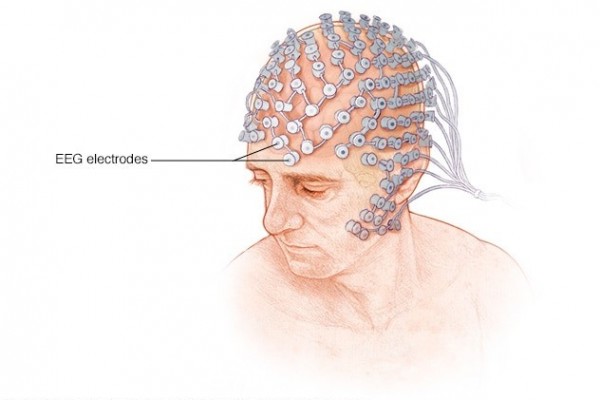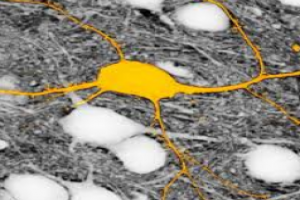Using EEG data to diagnose Parkinson's disease
Parkinson's disease affects more than 10 million people worldwide, according to the Parkinson's Foundation, but no scan has been proved to definitively diagnose it.
Parkinson's disease affects more than 10 million people worldwide, according to the Parkinson's Foundation, but no scan has been proved to definitively diagnose it.
Instead, a neurologist will assess a person by asking them to carry out certain tasks. These may include writing or drawing, walking, and speaking.
They will also examine the face and limbs to check for signs of tremors and facial expression difficulties.
As diagnosis is currently rather subjective, researchers have been trying to find an easier and more scientific method. A team from the University of Oregon, in Eugene, and the University of California, San Diego, has studied the possibilities of an EEG.
An EEG records electrical activity produced by the brain via small sensors attached to the scalp. Attempts to use EEG readings for Parkinson's disease diagnosis have not always produced the results that researchers have been looking for.
You may find the whole text here.





Related Posts